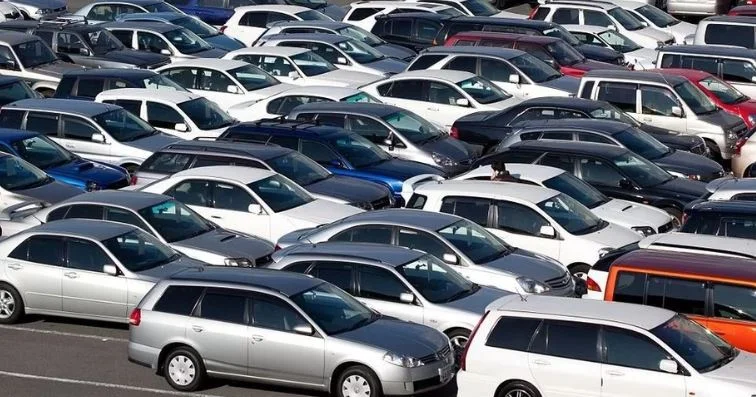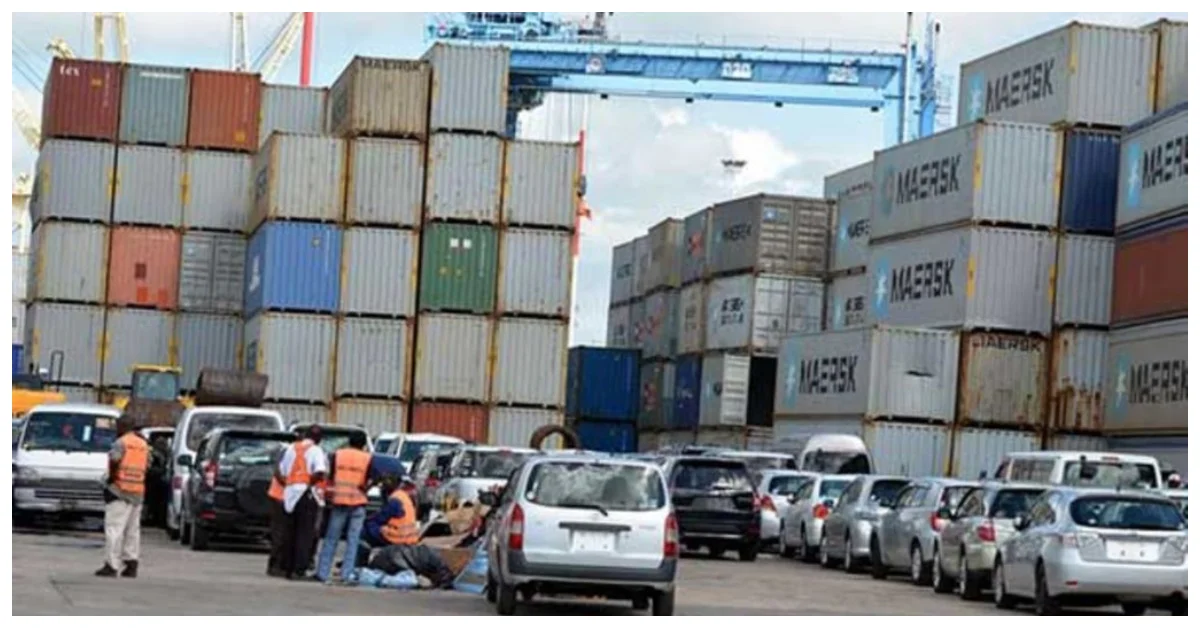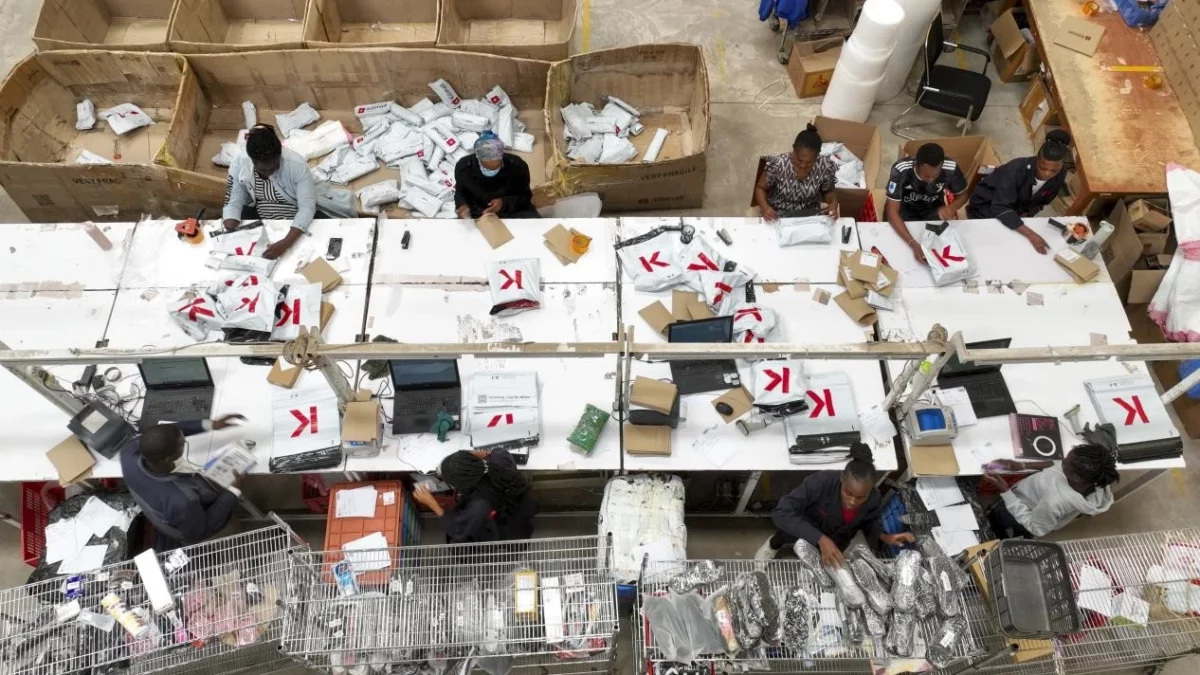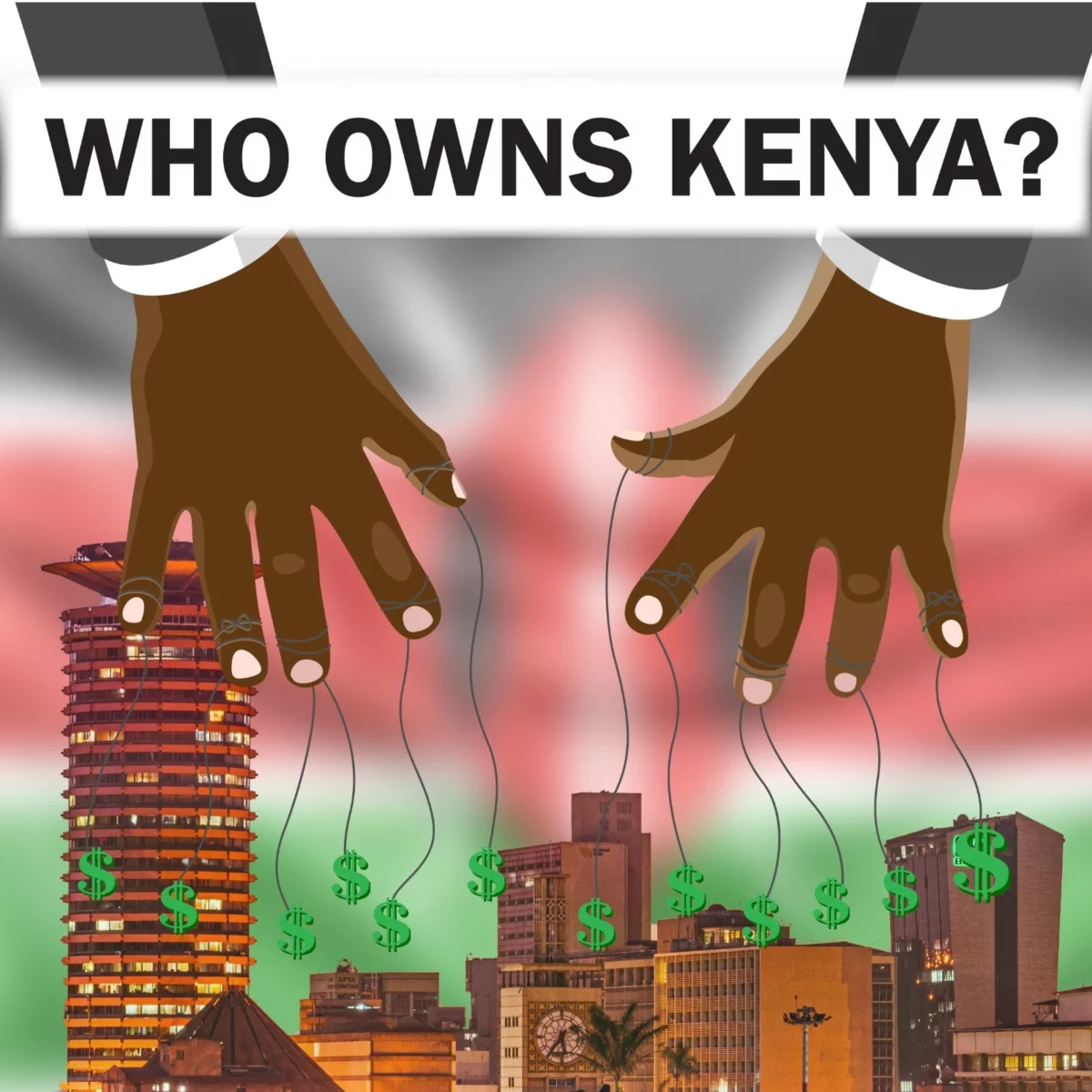Kenya’s automotive industry is currently experiencing significant disruptions due to a combination of new taxes and currency devaluation, which has led to substantial increases in the prices of imported cars. The situation has prompted concerns among consumers and is causing a transformation in the landscape of the automotive sector.
Recent data has revealed a surprising 14.69% surge in taxes on imported second-hand cars, surpassing a previous 10% increase in import duties. The Kenya Revenue Authority’s decision to raise duties from 25% to 35% has laid the foundation for unexpected price hikes in the car market.
This additional financial burden has been swiftly transferred to consumers, resulting in a sudden rise of prices. Vehicles that were once considered affordable have now become out of reach for many Kenyan consumers.


The Kenya Auto Bazaar Association has cautioned against a potential decrease in sales as consumers grapple with these heightened costs. As a result, there may be a shift in consumer preferences towards more budget-conscious options.
The situation has further been complicated by the Kenyan shilling’s 20% depreciation this year, accompanied by rising interest rates. This currency predicament is further inflating the cost of importing luxury cars, adding to the challenges faced by potential buyers.
Read Also: Protests Cost Manufacturing Industry Ksh2.86 billion Daily Loss
These tax increases are driven by the government’s efforts to achieve ambitious revenue goals. As a consequence, a wide range of car models, spanning from economy cars like the Toyota Vitz to high-end models such as the Toyota VX and Nissan X-Trail, are affected.
Beyond the tax-related concerns, the disruptions caused by the ongoing Covid-19 pandemic have added to the supply shortages. Car dealers and manufacturers are navigating this complex landscape by adapting their strategies to address the shifting dynamics of the market.
As car prices continue to rise unexpectedly, concerns about affordability are mounting. The interplay between tax hikes, currency fluctuations, and consumer responses has created an uncertain outlook for Kenya’s car market. The industry is closely watching the upcoming months as it grapples with the aftermath of the changes.
Subscribe to our Youtube channel Switch TV
Amidst this rapidly evolving environment, both buyers and sellers are adjusting their expectations, setting the stage for a critical phase in Kenya’s automotive trade.




























